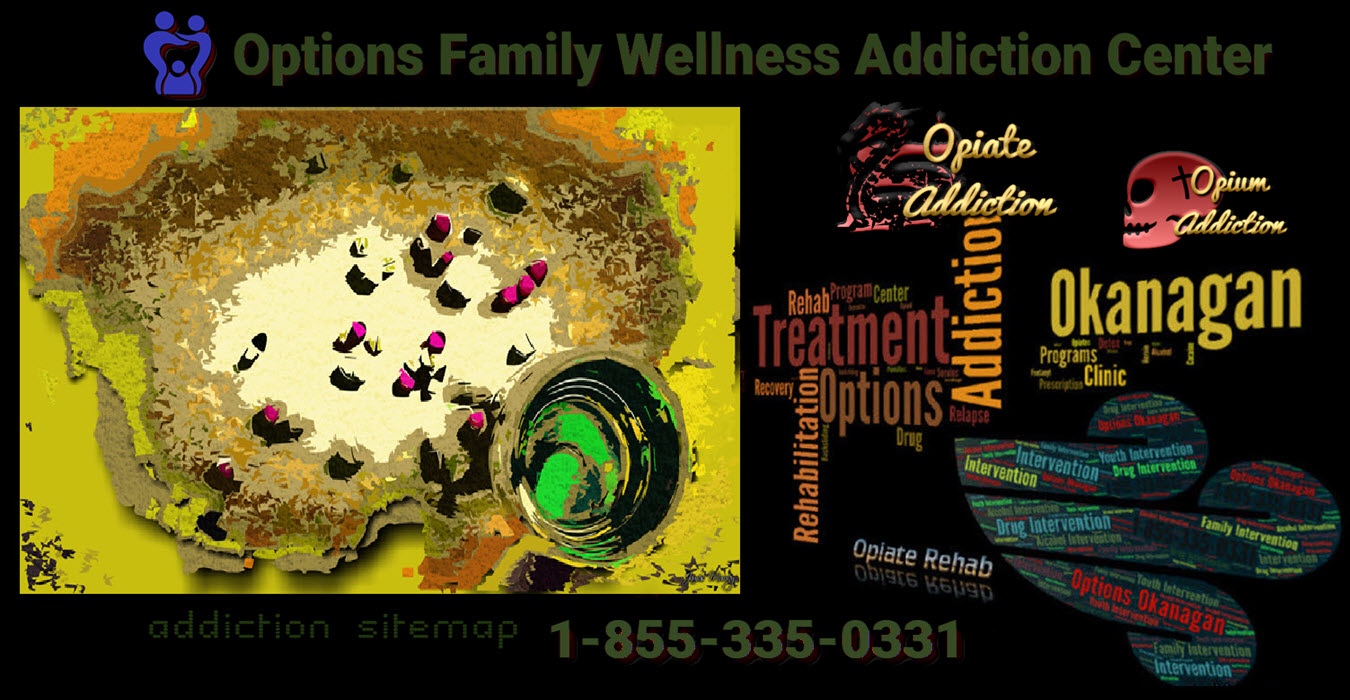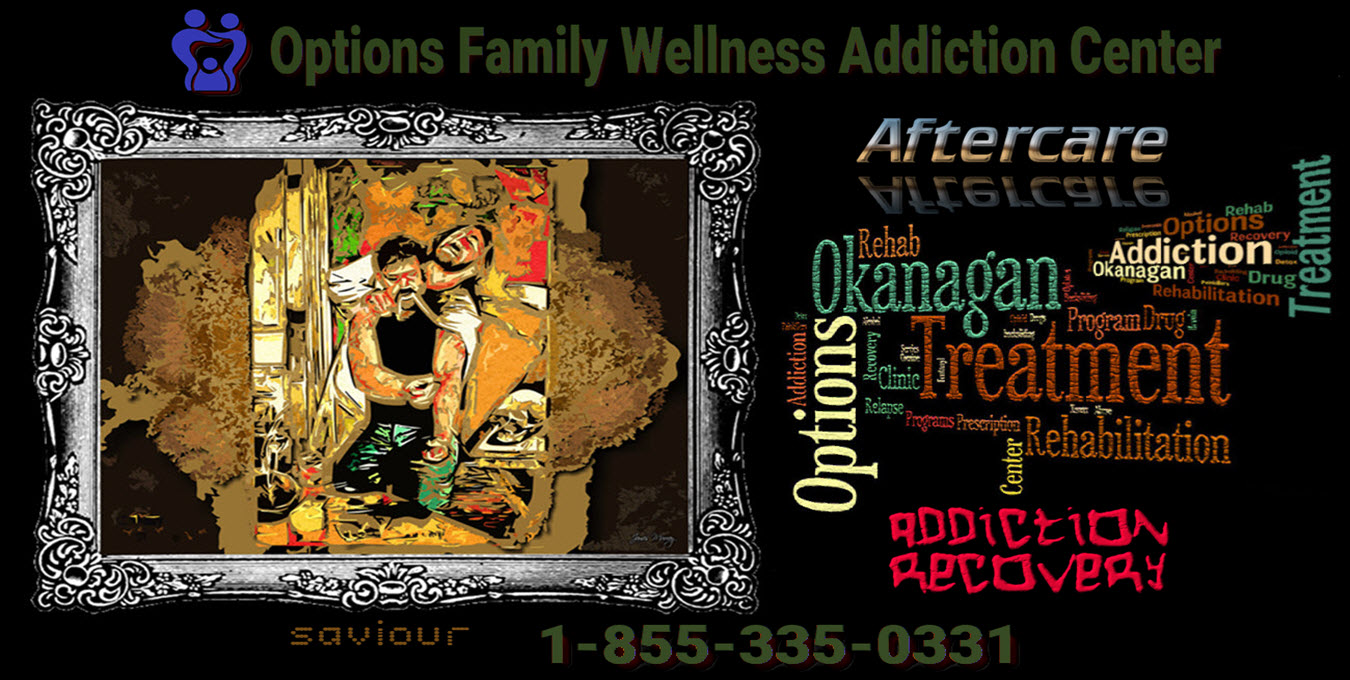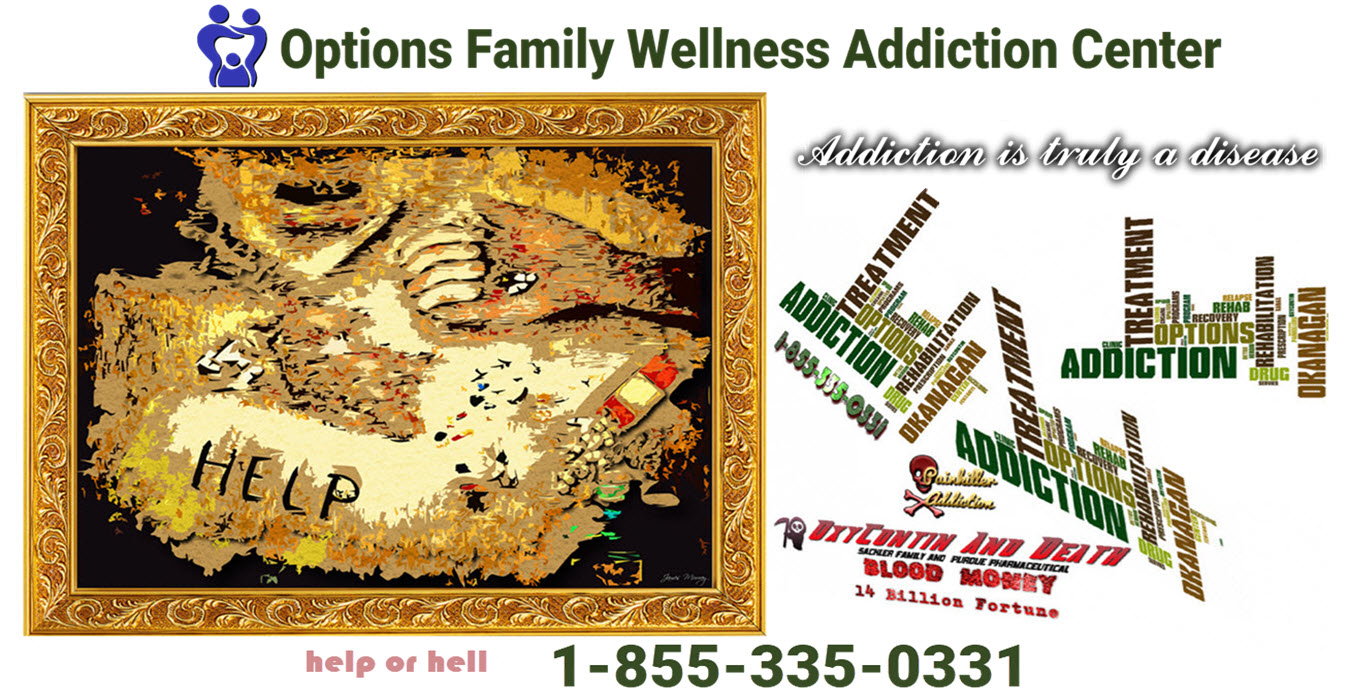Prescription drug recovery center in British Columbia and Alberta – Options Family Wellness Addiction Center in Kelowna, British Columbia treating prescription drug, opioid, opiate, fentanyl, heroin and alcohol addiction and recovery.
Prescription Drug Recovery Center In BC
A soul once bright, now lost in the dark
Trapped in a cycle, a constant stark
A need for escape, a numbing from pain
A drug became the only solace to gain
All that they had, slowly slipped away
A life once rich, now a shadow to sway
Loved ones lost, dreams cast aside
The addiction consumes, a never-ending tide
They try to break free, to leave the past behind
But the demon whispers, taunting in kind
The struggle is real, to stay clean and sober
To resist the urge, takes an immense toll to conquer
Society judges, they don’t understand
The pain and the demons, they demand
It’s not a choice, it’s a constant fight
A battle within, both day and night
They want to be whole, to live with ease
But the memories haunt, and the cravings increase
Still they push on, with a will to survive
To reclaim their life, to once again thrive
So here’s to the warrior, battling their demons
May they find strength, may they find reasons
To keep fighting, to never give in
To find their way back, from the darkness within.
Prescription drug addiction is a growing problem that requires a new way of thinking in order to heal from it. To fully understand and overcome addiction to prescription drugs, it’s important to recognize the social messages that lead to addiction in the first place. Group therapy can be an effective way to learn this lesson, as listening to others discuss their own experiences with prescription drug abuse can provide insight into the dangers and potential for addiction.
It’s also important to note that addiction often coexists with mental disorders. Studies have shown that individuals with depression are more likely to abuse prescription drugs, and those with addiction to prescription drugs have a higher risk of attempting suicide. This highlights the importance of treating both addiction and any underlying mental health issues simultaneously in order to achieve better outcomes and prevent relapse.
In prescription drug treatment programs, therapists assess the mental state of the patient and provide them with tools to cope with their addiction. This can include addressing underlying traumas or mental health conditions such as depression, anxiety, or bipolar disorder. Therapy also helps individuals understand the negative self-talk and subconscious mindset that drives drug use, and teaches them how to cope with cravings without medication.
Additionally, it’s important to recognize that some prescription drugs can change the way the brain functions on a semi-permanent basis, making it difficult for individuals to stop taking the medication abruptly. In these cases, drugs designed to treat opioid addiction can be helpful in reducing cravings and discomfort. These replacement drugs, such as methadone, buprenorphine, and naltrexone, can be used for a short period of time or for longer periods, but it’s important to closely monitor patients to prevent replacement drug abuse.
Overall, to effectively heal from prescription drug addiction, a new way of thinking is required that addresses both the addiction and any underlying mental health issues, as well as using replacement therapy and therapy to help individuals cope with cravings and negative self-talk.
Another important aspect of understanding the complexities of prescription drug addiction is the role that societal and cultural factors play. Society often stigmatizes addiction and views it as a weakness or a moral failing, rather than recognizing it as a chronic illness. This can make it difficult for individuals to seek help and can lead to feelings of shame and guilt. Additionally, cultural messages that promote self-medication and the quick fix mentality can contribute to the overuse and abuse of prescription drugs.
Furthermore, it is important to understand the impact of the pharmaceutical industry on prescription drug addiction. Pharmaceutical companies often heavily market their products, leading to doctors prescribing more drugs than necessary and patients requesting drugs for conditions that may not require medication. This can contribute to the overuse of prescription drugs and increase the risk of addiction.
Understanding the complexities of prescription drug addiction requires recognizing the social messages that lead to addiction, treating both addiction and any underlying mental health issues, using replacement therapy and therapy to help individuals cope with cravings, and taking into consideration societal and cultural factors as well as the impact of the pharmaceutical industry. With a holistic approach, individuals can overcome prescription drug addiction and achieve lasting recovery.
The Evil Sackler Family – OxyContin – 16 short videos
There are books that tackle the subject of “Deconstructing Prescription Drug Addiction: A Holistic Approach” but there are some books that cover the topic of addiction in a holistic way and how to approach it:
Gabor Maté – “In the Realm of Hungry Ghosts: Close Encounters with Addiction”
Johann Hari – “Chasing The Scream: The First and Last Days of the War on Drugs”
Maia Szalavitz – “Unbroken Brain: A Revolutionary New Way of Understanding Addiction”
Stanton Peele, PhD – “The Truth About Addiction and Recovery: The Life Process Program for Outgrowing Destructive Habits”
William White – “Slaying the Dragon: The History of Addiction Treatment and Recovery in America”
Howard Shaffer, PhD – “The Addiction Solution: Treating Our Dependence on Opioids and Other Drugs”
Mark Willenbring, MD – “All About Addiction”
Bruce Alexander – “The Globalization of Addiction: A Study in Poverty of the Spirit”
Gabor Maté – “When The Body Says No: Understanding the Stress-Disease Connection”
Gabor Maté – “Scattered Minds: A New Look at the Origins and Healing of Attention Deficit Disorder”
These books provide a comprehensive understanding of addiction from different angles and offer a holistic approach to treating it, addressing not only the addiction itself but also the underlying causes and societal factors that contribute to it.
Options Opiate and Alcohol Recovery Facility in Kelowna, British Columbia – Men and Women are recovering and healing from Alcohol and Drug Abuse at our treatment center here in the Okanagan right now.
Our unique and distinctive Opiate Drug and Alcohol recovery program allow men and women to come in from Calgary as well as Edmonton as we offer airport pickup.
Numerous clients come to us from Vancouver, Calgary, and Edmonton and other locations in Alberta and even other provinces for Opiate addiction treatment, heroin drug treatment, many other drugs, and alcohol addictions for rehabilitation because of the uniqueness of our treatment center.
Options Drug and Opiate Recovery Facility
551 Sherrydale Crescent, Kelowna, British Columbia, V1V 2E6
Toll-Free Phone Number: 1-855-335-0331




